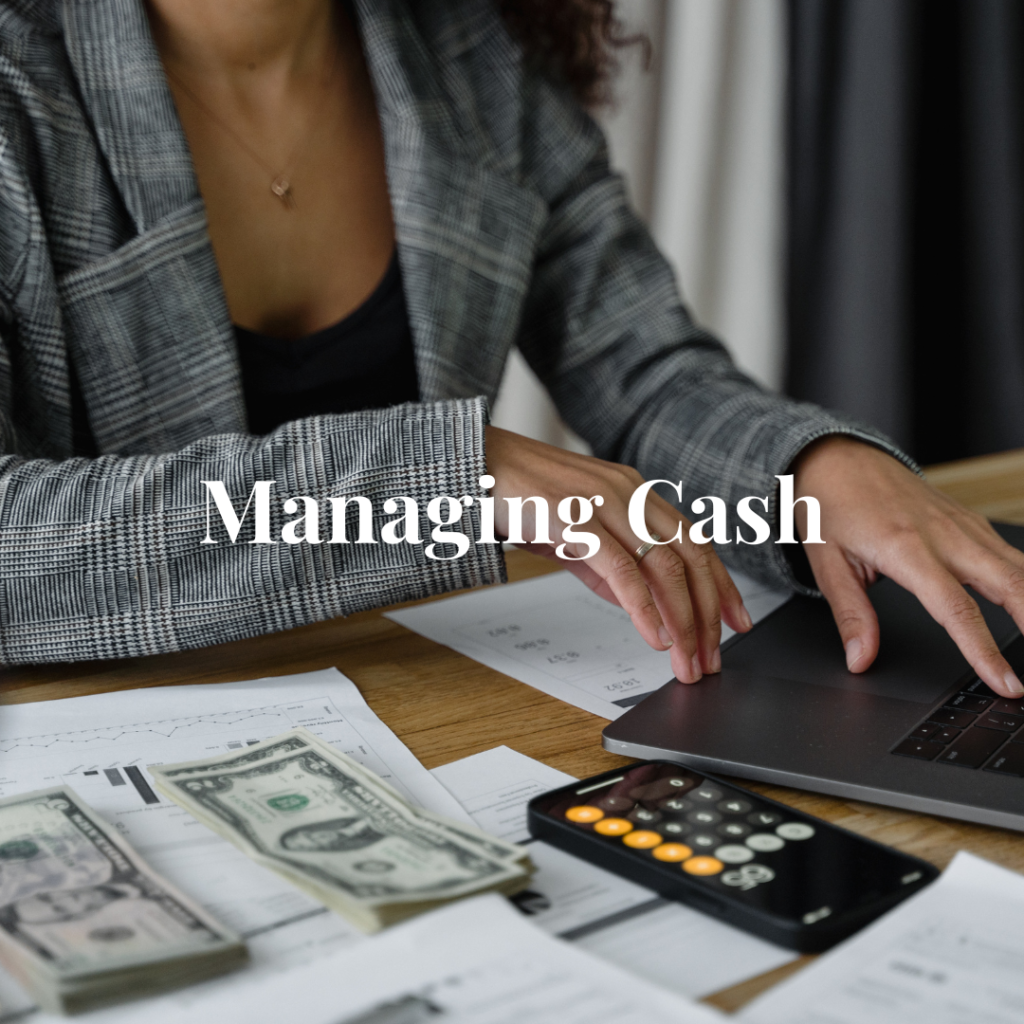The rate of inflation seems to be slowing, which is of course great news, however this does not mean we have suddenly turned a corner on price rises, it merely means the rate at which prices increase is not as steep. Prices are still rising, and inflation has historically taken a long time to tame, it is therefore important not to be complacent with the way you manage your cash and expenditure.
Making economic predictions is something of a fool’s game, indeed it has been said there are only two types of economic forecaster, those who cannot forecast and those who don’t know they can’t. I am not about to try to disprove this, but I did think it might be useful to remind you of a few simple things.
Watch where you are spending money. As food prices begin to stabilise and with signs that wage growth is now slightly ahead of inflation it could be tempting to feel you have more disposable cash than say a year ago. This may be true, but we cannot know whether we might yet face fuel price rises as significant as those we have seen over the last couple of years.
Energy underlies so many other, if not all other costs, this is especially true for food. Should we experience a cold winter and face more energy access disruption as a result of conflicts happening around the world it will not take long for inflation to tick back up. With this in mind it makes sense to be absolutely clear whether it is wise to add regular subscriptions to your outgoings. This is especially true outgoings that fall into discretionary spending rather than essential.
One bright spot to inflation was the rise in interest rates to try to combat inflation, this has brought about a welcome benefit to holding cash deposits.
Interest rates are probably not high enough to prevent cash deposits losing value against inflation over time, but the rate of decline has slowed a lot. This might sound as though cash deposits remain unattractive as home for some of your money, however this is not the case.
In previous emails I have written about the necessity to hold cash deposits, this is even more crucial when you head into retirement to ensure you have available cash to meet any unexpected expenditure. If you have a secure job holding cash may not be so critical, but when it comes to living on pensions and investment income where future increases in income may be more limited it is absolutely key to hang on to emergency cash.
To sum up therefore if you are within a year or two of retirement and have any excess cash at the end of a month it would be wise to top up your cash savings. Conversely if you have several years to go then looking to invest may be worth considering.


